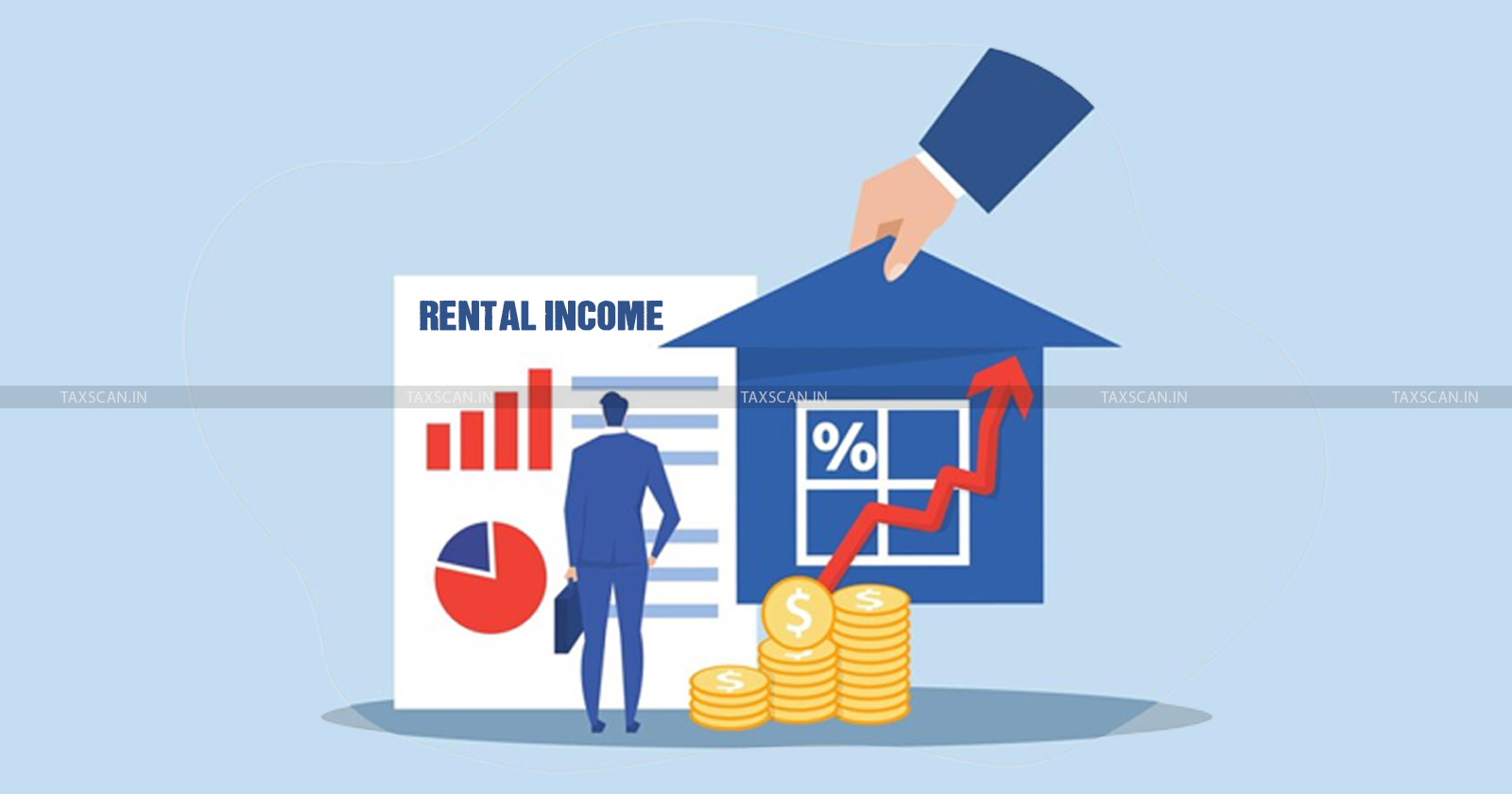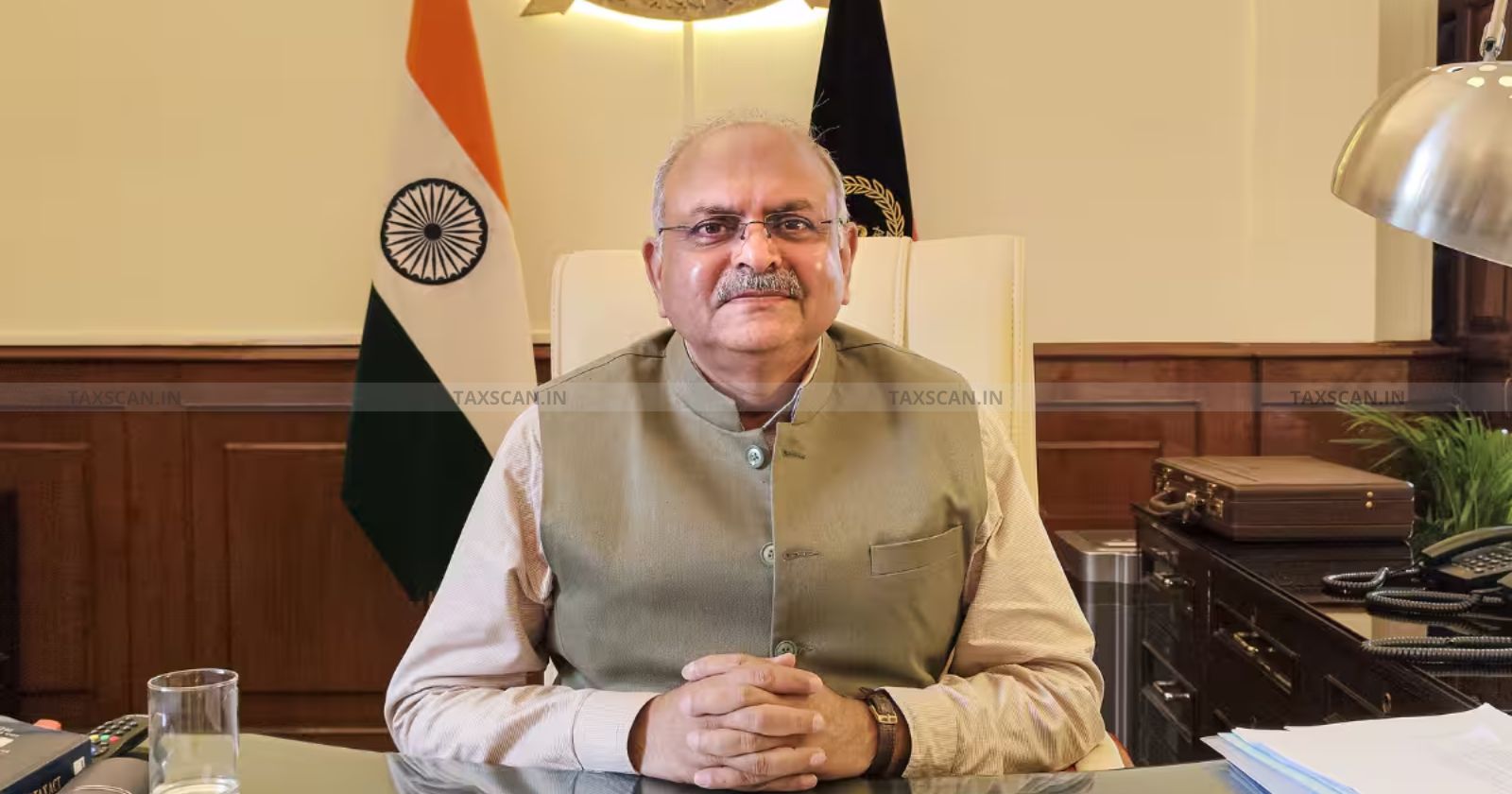No Bar on Claiming S.80P Deduction via ITR Filed u/s 142(1): ITAT Sets Aside Denial over e-Verification Delay [Read Order]
Section 80A(5) bars deductions only when an assessee files a return but fails to make the claim within it not when a claim is made but rejected for mere procedural defects
![No Bar on Claiming S.80P Deduction via ITR Filed u/s 142(1): ITAT Sets Aside Denial over e-Verification Delay [Read Order] No Bar on Claiming S.80P Deduction via ITR Filed u/s 142(1): ITAT Sets Aside Denial over e-Verification Delay [Read Order]](https://images.taxscan.in/h-upload/2025/06/30/2057014-e-verification-delay.webp)
The Bengaluru Bench of the Income Tax Appellate Tribunal (ITAT) has held that the benefit of deduction under Section 80P of the Income Tax Act, 1961 cannot be denied merely on technical grounds such as a delayed e-verification, if the return was otherwise filed in response to a valid statutory notice under Section 142(1) and the claim was properly made.
Stay Updated with the Latest Audit Report Formats & Audit Trials Requirements! Click here
The assessee, Kasma Prathmik Shishak Sahakari Patsanstha Maryadit, a cooperative society, did not file its regular return under Section 139(1) but responded to a notice issued under Section 142(1) after the tax department flagged cash deposits during the demonetisation period. The society filed its return declaring income and claiming deduction under Section 80P, but due to procedural lapses failed to e-verify the ITR within the stipulated time.
The Assessing Officer accepted the source of cash deposits as genuine but disallowed the entire Section 80P deduction of over ₹11 lakh solely because the return was declared “invalid” for want of timely e-verification.
 Also Read:Rental Income Not Taxed: Taxpayer Claims to Be Mere Rent Collector, ITAT Permits Fresh Hearing Conditionally [Read Order]
Also Read:Rental Income Not Taxed: Taxpayer Claims to Be Mere Rent Collector, ITAT Permits Fresh Hearing Conditionally [Read Order]
The Commissioner (Appeals) upheld this disallowance, relying on the technical lapse and ignoring CBDT’s own relaxation through Circular No. 13/2020, which allowed belated e-verification for certain assessment years including 2017-18.
After hearing the appeal, the bench observed that the assessee had filed its return in compliance with a valid notice under Section 142(1) and had explicitly claimed the deduction under Section 80P in that return.
The Tribunal noted that the disallowance hinged purely on the technical issue that the ITR-V was not signed and submitted within 120 days, a delay which the assessee later rectified, as the CPC received the signed ITR-V before the CBDT’s relaxation window closed.
The bench pointed out that Section 80A(5) bars deductions only when an assessee files a return but fails to make the claim within it not when a claim is made but rejected for mere procedural defects.
The bench of Manish Borad pointed out that filing the return under Section 139(1) alone is not required by any of the preconditions under Section 80A(5). Additionally, it determined that the assessee's uncontested entitlement for deduction and compliance evidenced by a proper return under Section 142(1) deserved relief.
The ITAT directed the Assessing Officer to give the full deduction of ₹11,23,838 under Section 80P, holding that the Commissioner (Appeals) should have granted the claim instead of rejecting it on technical grounds.
Support our journalism by subscribing to Taxscan premium. Follow us on Telegram for quick updates



